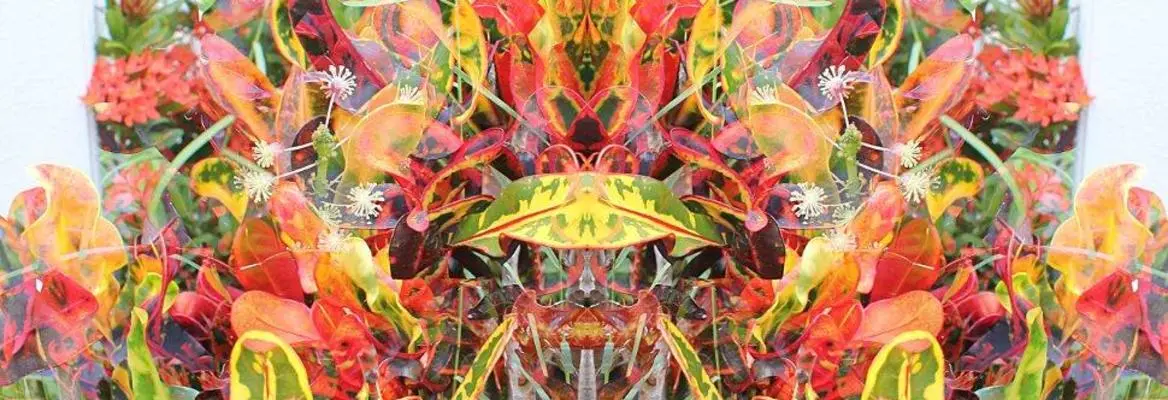One morning in 1981, while I was living among the Pirahãs, near the mouth of the Maici River, in the center of the Amazonian rain forest, I was awakened by the sounds of people yelling and crying. I had been researching the Pirahã language and culture now for some four years, so I spoke the language reasonably well. The yells tore me from my pleasant liminal state between sleep and alertness. I rose, slipped on my gym shorts and flip-flops and ventured outside to see what was going on.
Some twenty Pirahã men, women, and children, their numbers growing by the second, were gesticulating and yelling, some crying in fear, at a spot on the bank across the river. I asked what they were pointing at. A man looked at me incredulously, demanding "Don't you see it? It is a kaoáíbogi ('fastmouth' – a jungle entity separate from humans but like them in many ways). I looked again. And again. I asked again. The response was "The fast-mouth is there right now!"
In the thirty-five years that have ensued since that tropical morning, I have come to realise the power of culture to affect our perceptions. As we develop cognitively and physically in a particular context, our apperceptions – physical and mental experiences that affect our development – also develop. Our senses, memories, values, knowledge structures, and social roles are shaped both by those apperceptions and by our conversations with those around us – people for the most part who share most of these shaping experiences and development with us.
Fantasy and reality then become the labels we attach to our experiences. For the Pirahãs nature provides clues to the presence of entities that are not quite like human beings. For many westerners, these entities, such as the kaoáíbogi, are fictions, akin to ghosts or vampires or fairies – nice stories, but unreal. But for others, coming from different apperceptional histories and varied cultures (knowledge structures, social roles, and values ranked in importance), there is no reason not to attribute reality to glimpses, interpretations, hallucinations, dreams, and so on.
Let's say that you wanted to prove to someone from a nonwestern culture who believes in fairies that in fact fairies do not exist. How would you do that? You might ask if they had ever seen one. They would answer yes. You might ask if they had ever touched one. They might say yes, based on something that touched them in the dark. You might ask if they could show you one. Well, the Pirahãs would say that they showed me one that morning.
Culture and dark matter of the mind are responsible for the interpretation of our perceptions. Dark matter is any knowledge we have of how to do things or about things (factual knowledge and procedural knowledge) that is unspoken in normal circumstances, such as why we like certain foods, or how to ride a bike, or why we may think it is offensive to chew food with our mouths open, etc. Some of it cannot be spoken, such as how to write a novel very well, as opposed to just how to write a novel. We acquire this dark matter by talking and living in society.
Culture on the other hand is a network of abstractions – our various social roles, knowledge structures, and our values. Culture working with dark matter defines our expectations, our reality, and our fantasies. For example, Pirahã classify their environment along the following lines:
















Join the conversation